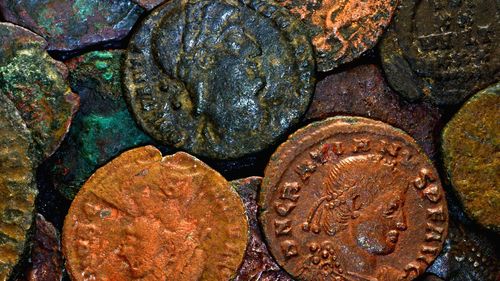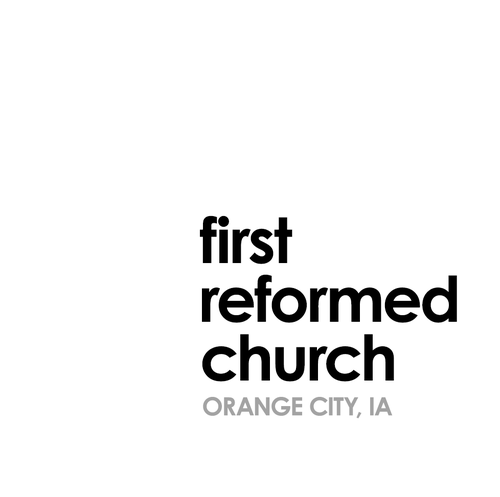Situational Ethics - by Greg Steggerda

Situational ethics is pretty much the norm these days - too often we decide how to act based on immediate factors rather than bedrock principles. Obeying traffic laws, telling the truth, working on Sunday, are all examples of things we might decide based on convenience or benefit rather than what we really believe (or claim to).
Does it really matter? We might tell little white lies, but we’d be completely honest with anything important, right? We might speed but we’d never drive drunk or text while driving. And catching up on my work email on Sunday doesn’t mean I’d go to the office.
This morning, as I read from Luke 16, Jesus seems to be saying that these small sins indicate something more serious. In telling the parable of the manager who gets fired, he said this, in verse 10: "'Whoever can be trusted with very little can also be trusted with much, and whoever is dishonest with very little will also be dishonest with much.'"
I can remember when a person had to have a functional family (defined in those days as a solid marriage and no known trouble in the household) in order to serve as elder. The idea was that someone who couldn’t minister to and nurture his or her own family wouldn’t be able to provide pastoral care to a whole church. That seems old-fashioned now, an unreasonable expectation, but it reflected the same truth as verse 10 above: we don’t suddenly become better, more effective people when the pressure is greater.
This is a parable primarily about money, but it still uses money as a metaphor for the things we desire in life. If we’re serious about the truth, we honor the truth always. If we’re serious about obedience to civil authority we follow laws regardless how convenient. If we really care about honesty, we don’t steal.
We act in times of crisis the way we act other times. Character is built from thousands of small, right choices made every day; it’s demonstrated in the big things of life. But we won’t suddenly be Godly people one day if situational ethics are our normal practice.
Does it really matter? We might tell little white lies, but we’d be completely honest with anything important, right? We might speed but we’d never drive drunk or text while driving. And catching up on my work email on Sunday doesn’t mean I’d go to the office.
This morning, as I read from Luke 16, Jesus seems to be saying that these small sins indicate something more serious. In telling the parable of the manager who gets fired, he said this, in verse 10: "'Whoever can be trusted with very little can also be trusted with much, and whoever is dishonest with very little will also be dishonest with much.'"
I can remember when a person had to have a functional family (defined in those days as a solid marriage and no known trouble in the household) in order to serve as elder. The idea was that someone who couldn’t minister to and nurture his or her own family wouldn’t be able to provide pastoral care to a whole church. That seems old-fashioned now, an unreasonable expectation, but it reflected the same truth as verse 10 above: we don’t suddenly become better, more effective people when the pressure is greater.
This is a parable primarily about money, but it still uses money as a metaphor for the things we desire in life. If we’re serious about the truth, we honor the truth always. If we’re serious about obedience to civil authority we follow laws regardless how convenient. If we really care about honesty, we don’t steal.
We act in times of crisis the way we act other times. Character is built from thousands of small, right choices made every day; it’s demonstrated in the big things of life. But we won’t suddenly be Godly people one day if situational ethics are our normal practice.
Posted in Daily Devotions
The Beautiful Art of Accepting One Another Through Life's Changes
February 16th, 2026
The Journey from Self-Centered to Selfless
February 9th, 2026
The Transformative Power of Gratitude in Our Relationships
February 2nd, 2026
Holding Hands, Not Grudges: The Transformative Power of Forgiveness
January 26th, 2026
The Power of Speaking Truth
January 19th, 2026
The Power of Respect: Transforming Our Relationships from the Inside Out
January 12th, 2026
Finding Your Identity: The Foundation for Deeper Relationships
January 5th, 2026
Walking with God into the New Year
December 28th, 2025
When the Why Questions Won’t Let Go
December 22nd, 2025
Immanuel: Your Advocate in Every Moment
December 15th, 2025
